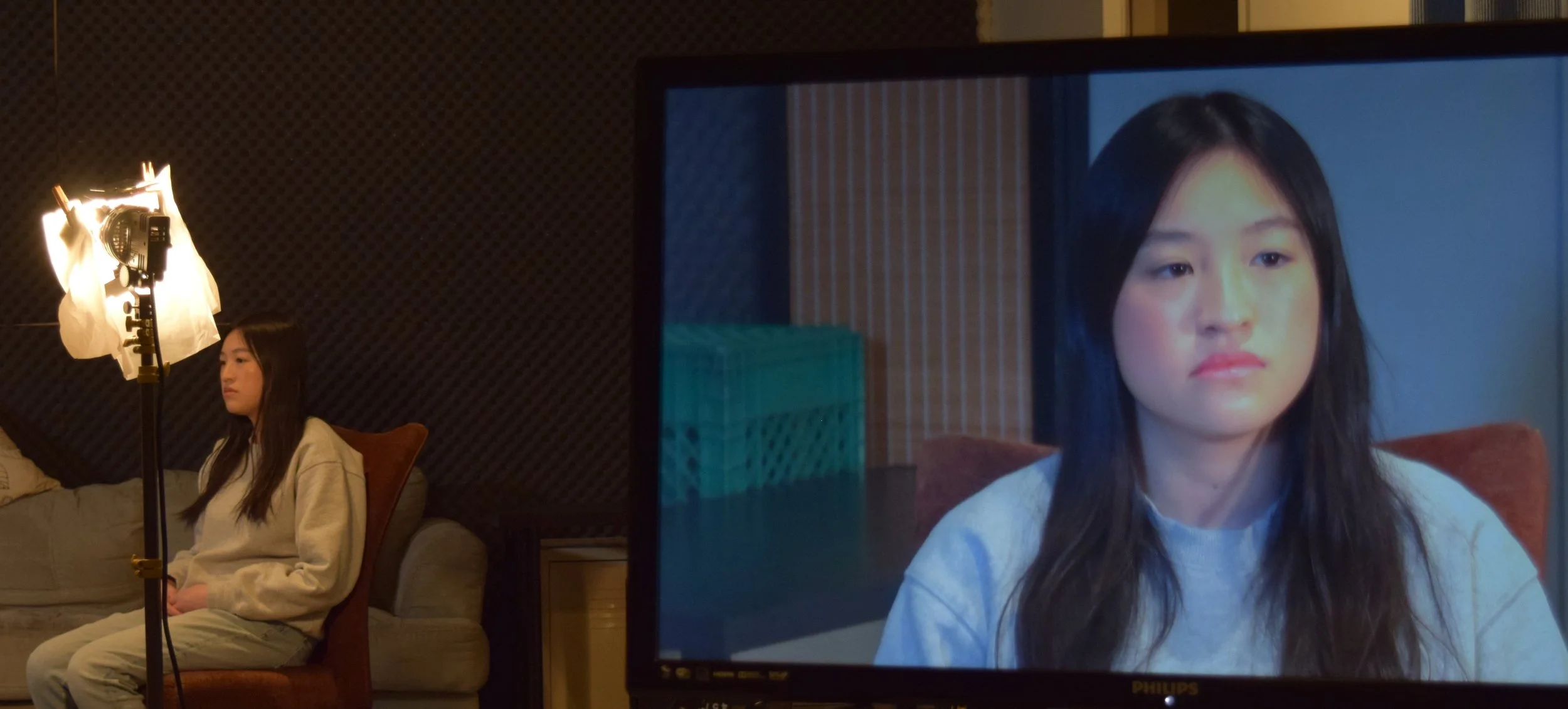Say Nothing.
/Say nothing is when you change your self-talk.
Your old narratives.
It’s a cousin to my ‘Do nothing’ program.
It’s essential for growth to look at your narratives. You know, like the one you learned as a young girl that Uncle Nate was a heavy gambler. That’s known. Then, one day, many years later, you actually look into your uncle’s life and find out he only gambled for a few years to pay his way through college.
That narrative gets changed. The reality emerges.
You can develop many during your early years acting. ‘I can’t cry.’ ‘My eyes are too small for film.’ ‘My voice is squeaky.’ ‘Theatre is big; film is small.’
Actors who come to my class with mostly a theatre background often repeat their narrative of, ‘I can’t act in film because I’m a theatre actor.’
After hearing this repeated a few times I encourage them to change their self-talk. Just don’t say it anymore – and you can’t say it in my class!
The ‘Say nothing’ program.
You’ll still think it, but don’t say it. Basic psychotherapy.
That has a positive effect on your consciousness. On your mind. If you do that – stop saying the narrative - it will die down. Speaking it out loud fuels its life.
Old narratives are like old friends even if they are poisonous. We know them and in a funny way are loathe to give them up. That means you may and probably will keep thinking those thoughts, but the issue is to not say them and not to act on them.
That’s change. It’s essential as you become more professional that you examine old ideas and see if they still stand up. See if they’re true.
Change happens in small parts.
The theatre actor keeps practicing acting for camera, but drops the narrative.
Raising your bar in part means to stop whining (whingeing, as the Irish say) about things you’ve been whining about for years.
Even if everyone else whines about them.









